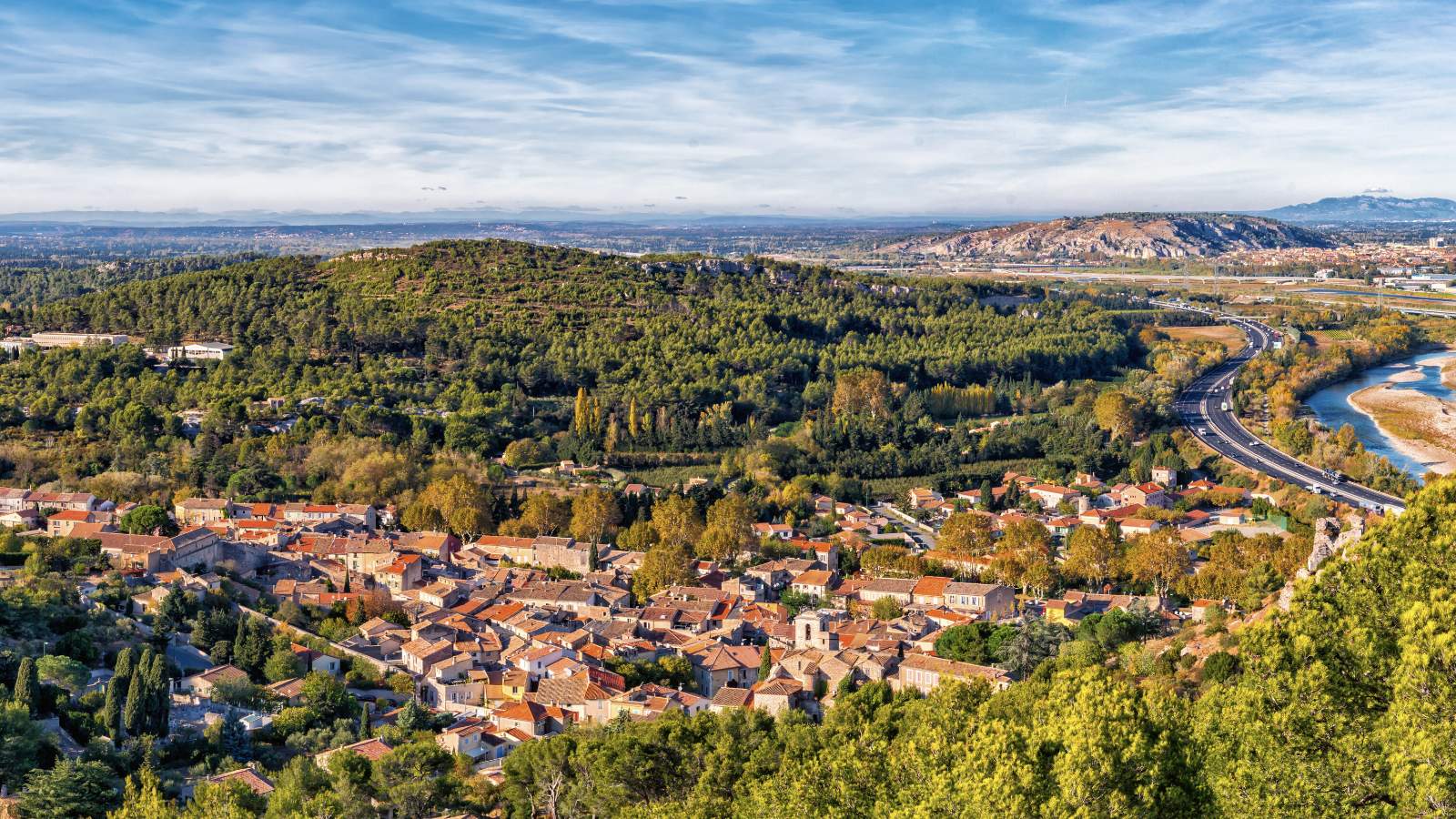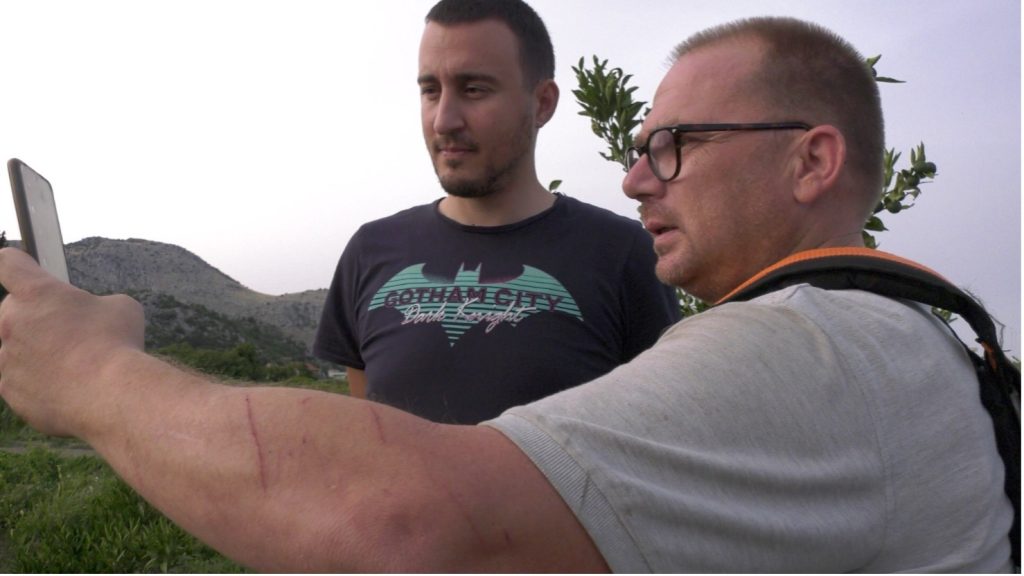Interview − 16 May 2023
The dRural Advisory Board is constituted as an external advisory body to boost the technical and impact aspects of the project, by providing an external expert view. dRural has a big ambition: to become the principal service marketplace for all European Rural Areas.
In this first interview with the dRural Advisory Board members, we had the chance to introduce you Ivan del Caz, Co-founder of BIKOnsulting and RURAL CITIZEN Director.
What is your field of expertise?
IC: I enjoy exploring, innovating and accompanying organizations (public and private) in transformative projects towards an economic and political model at the service of people and the planet, based on the New Sustainable Strategies and universal values, such as solidarity, social justice, human dignity, participation and respect for the environment.
I live each process passionately to humbly inspire other organizations with my actions to be part of the change. I have participated in transformative projects in different countries that range from territories to small businesses.
And now dedicated and excited to contribute a grain of sand to the demographic challenge to change the narrative of the rural world towards a positive, collaborative, constructive and innovative vision that fills our villages with opportunities and projects.
All this from RURAL CITIZEN.
How could your experience contribute to the project’s success?
IC: I am accompanying different rural development and innovation projects in Spain, which allows me to have an expanded vision of the realities, needs and challenges that we face from the rural world from collaborative ecosystems.
How do you think dRural can contribute to creating and developing smart communities in rural areas?
IC: To create smart communities in rural areas we must understand the connection of the urban and the rural. dRural can bring services from organizations that are in the rural world closer to communities that are in urban areas, so they can expand their potential and services. Rural environments normally do not have enough social mass to maintain services with the local population.



